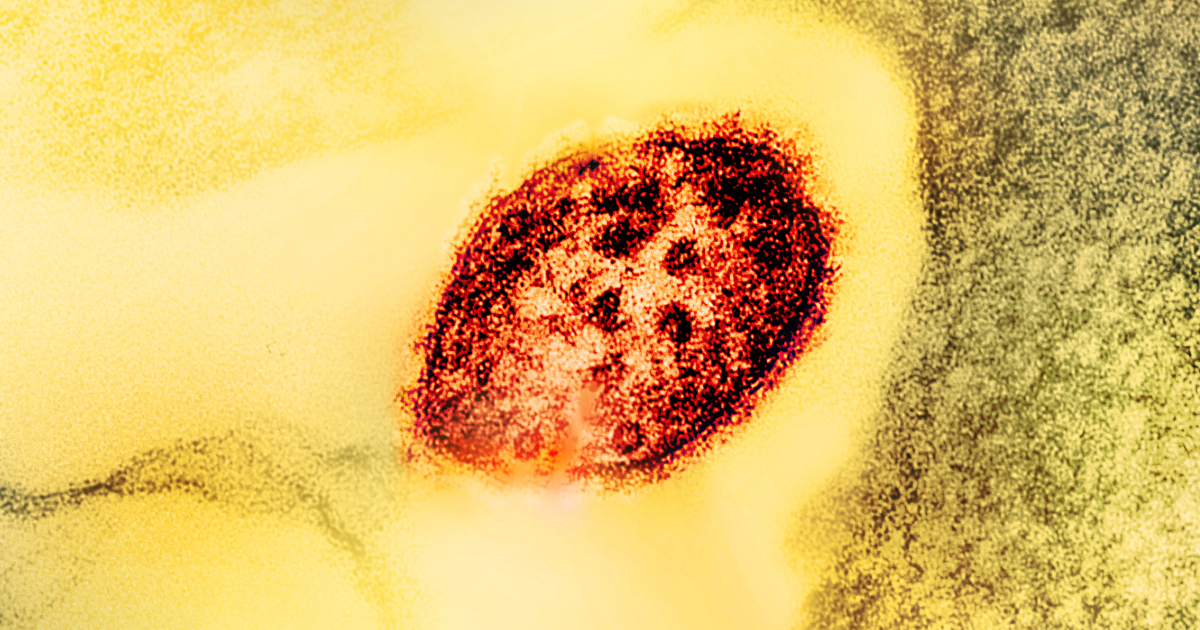LONDON – Britain and several other European countries have lost their measles elimination status, the World Health Organization said on Monday, after a jump in infections across the continent.
Spain, Austria, Armenia, Azerbaijan and Uzbekistan also lost their status, and the WHO urged countries to boost vaccination rates, particularly among under-protected populations, to prevent the viral disease infecting more children.
Measles is entirely preventable by vaccination, but is very contagious, and so is among the first illnesses to rebound when vaccination rates decline. It commonly causes symptoms including high fever and a rash, but can also lead to serious long-term complications and even death.
Comments closed
